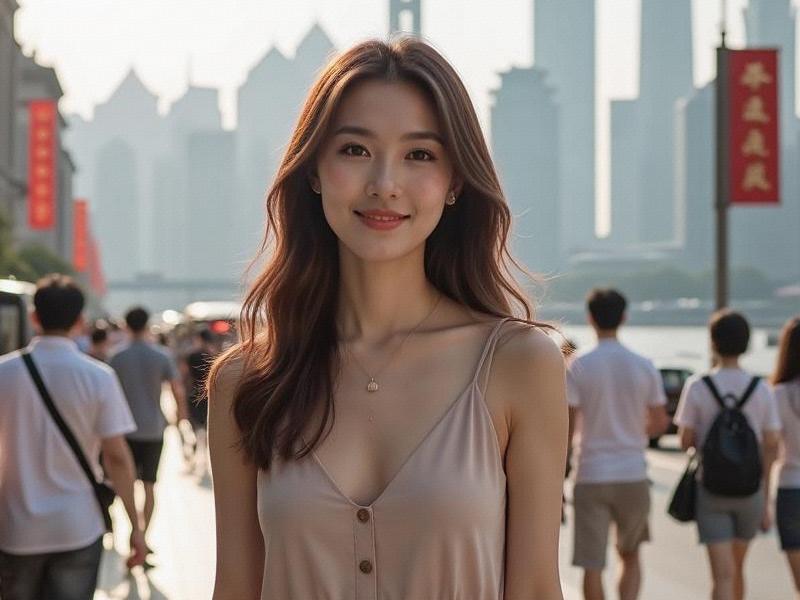This feature explores how Shanghai women are redefining Chinese beauty standards through a unique fusion of traditional aesthetics and global influences, creating a distinctive metropolitan style.

Section 1: The Shanghai Beauty Phenomenon
Demographic Insights:
• 18-35 age group dominates beauty consumption (68%)
• 42% of Shanghai women hold college degrees
• 73% participate in regular beauty/skin care routines
• $2.8 billion annual beauty market in Shanghai
Cultural Foundations:
- Historical "Shanghai Lady" archetype
- Jiangnan region's classical beauty ideals
- 1930s golden age influences
- Modern globalized reinterpretations
Section 2: Industry Landscape
爱上海同城对对碰交友论坛 Key Market Segments:
1. Premium skincare (32% market share)
2. Color cosmetics (28%)
3. Hair care (18%)
4. Fragrances (12%)
5. Men's grooming (10%)
Notable Local Brands:
• Florasis (traditional-inspired makeup)
• Chando (skincare science)
• Pechoin (herbal formulations)
• Herborist (TCM-based products)
Section 3: Street Style Analysis
新上海龙凤419会所 Distinctive Shanghai Looks:
1. "Modern Cheongsam" - Contemporary qipao adaptations
2. "East-Meets-West Office Chic" - Professional hybrid styles
3. "Art District Avant-Garde" - Experimental fashion
4. "Luxury Minimalism" - Understated elegance
Section 4: Beauty Entrepreneurship
Success Stories:
• Zhang Dandan - Pechoin founder ($1.2B valuation)
• Chen Xiaodie - Cosmetic tech innovator
• Li Meng - Sustainable beauty pioneer
• Wang Yuxin - Digital beauty influencer
Section 5: Cultural Significance
上海品茶论坛
Social Impact:
• Redefining workplace appearance standards
• Challenging traditional gender norms
• Promoting Chinese beauty traditions globally
• Creating new creative economy opportunities
Future Trends:
• AI-powered personalized beauty
• Sustainable product development
• Traditional ingredient innovations
• Hyper-localized style movements
Conclusion: Shanghai's beauty culture represents a dynamic synthesis of heritage and modernity, establishing the city as Asia's emerging beauty capital while maintaining its distinctive cultural identity.